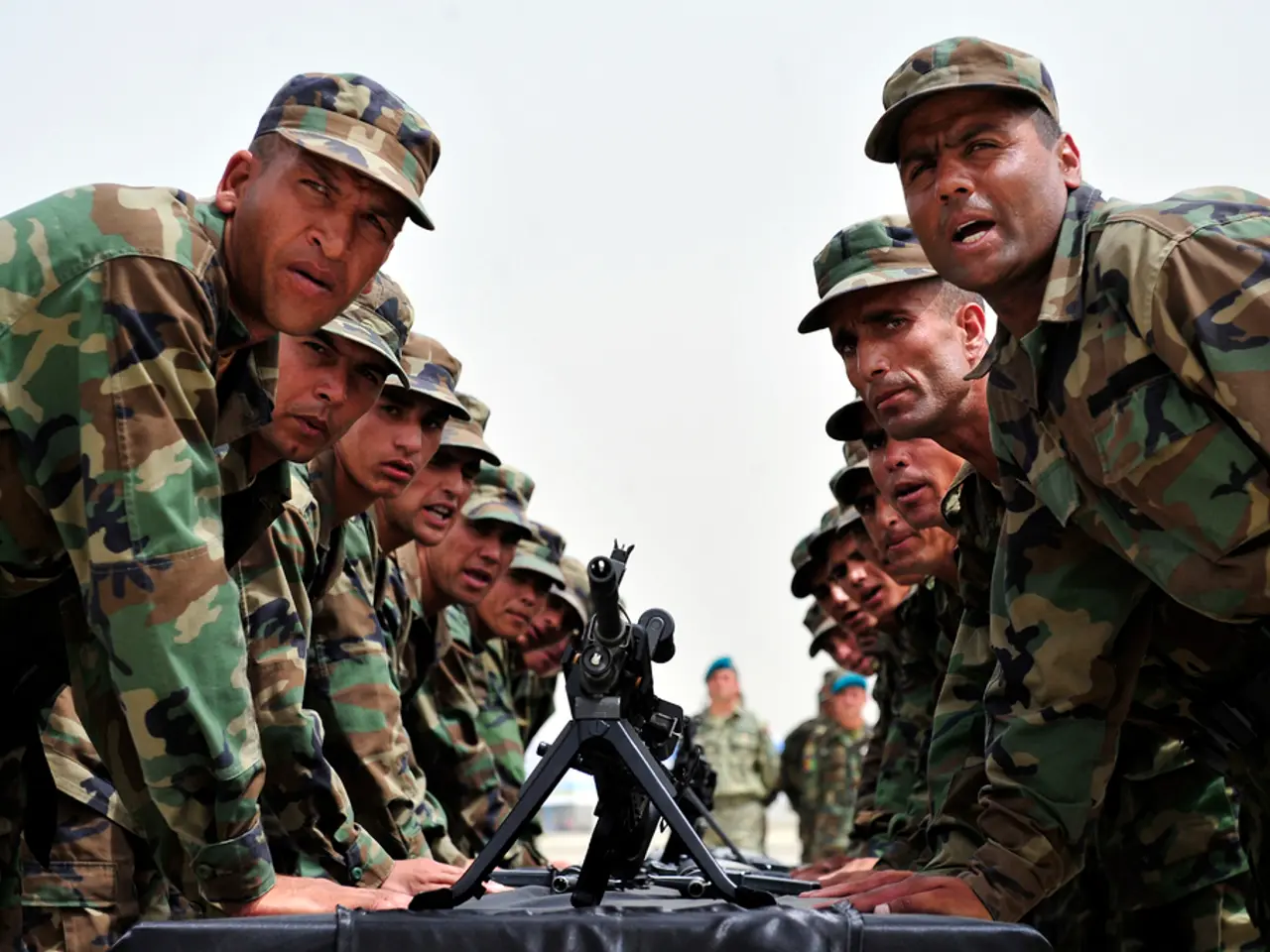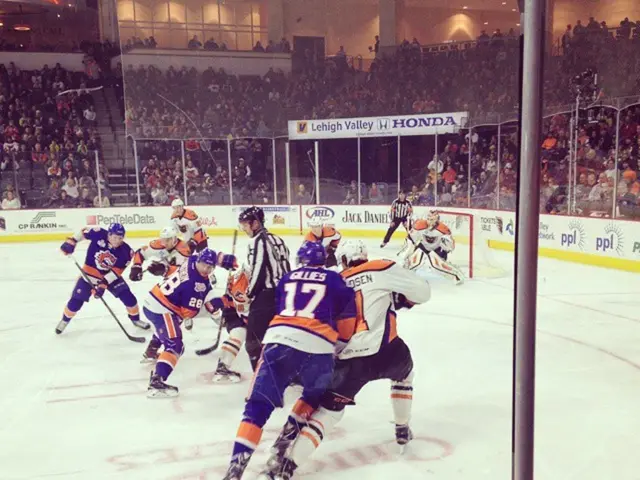Judge considers potential breach of federal law due to Trump's use of National Guard in Los Angeles deployment
Federal Judge Weighs Legal Challenge to Trump Administration's Deployment of National Guard Troops in California
The ongoing trial in San Francisco is focusing on the legality of the Trump administration's deployment of National Guard troops in Southern California during immigration raids. The case, which concluded on Wednesday, centres around the question of whether the deployment potentially violated the Posse Comitatus Act, a law that generally prohibits the military from enforcing domestic laws.
California argues that the troops' actions went beyond providing protection to federal agents and buildings, and they had an active, direct role in enforcing the law. The state is requesting Judge Charles Breyer to order the Trump administration to return control of the remaining troops to California and prohibit the federal government from using military troops in California for the execution or assistance of federal law or any civilian law enforcement functions.
The administration, on the other hand, claims the law does not apply because the National Guard was deployed under an authority that allows for their deployment if the president is unable to execute the laws of the United States. Between 250 and 300 Guard troops remain and have been activated through November.
Testimony during the trial revealed that Army Maj. Gen. Scott Sherman, who commanded Task Force 50, raised concerns that the deployment could violate the Posse Comitatus Act. Sherman was told by his superiors that there was a "constitutional exception" that permitted troops to carry out activities prohibited by the law when they are protecting federal property or personnel.
Sherman testified that during an immigration enforcement at an illegal marijuana growing operation in Mecca, a desert community about 140 miles east of Los Angeles, about 300 task force soldiers were present, compared to 200 federal law enforcement agents. The Guard members began guarding agents as they continued arresting people suspected of being in the U.S. illegally.
National Guard troops accompanied federal immigration officers on raids at two state-licensed marijuana nurseries in Ventura County and to an operation at MacArthur Park in downtown Los Angeles. Sherman stated that soldiers were trained on the law and given materials that included a list of specific activities prohibited by the Posse Comitatus Act, such as doing security patrols, conducting traffic control, crowd control, and riot control.
California Deputy Attorney General Meghan Strong argues that the troops' role went beyond providing protection to federal agents and buildings, and they had an active, direct role in enforcing the law. Strong claims that the Trump administration broke the law by using the troops to illegally enforce civilian law and operate as a single force with federal immigration officers.
The third day of the trial focused on arguments about the 1878 law and the court's role in determining the limits of presidential power. As of August 2025, the judge has yet to make a ruling on the matter.
Read also:
- Discussion between Putin and Trump in Alaska could potentially overshadow Ukraine's concerns
- Massive 8.8 earthquake hits off the coast of Russia's Kamchatka Peninsula, prompting Japan to issue a tsunami alert.
- Court petitions to reverse established decision on same-sex marriage legalization
- Independence supporters in New Caledonia refuse agreement offering authority without a vote on sovereignty








